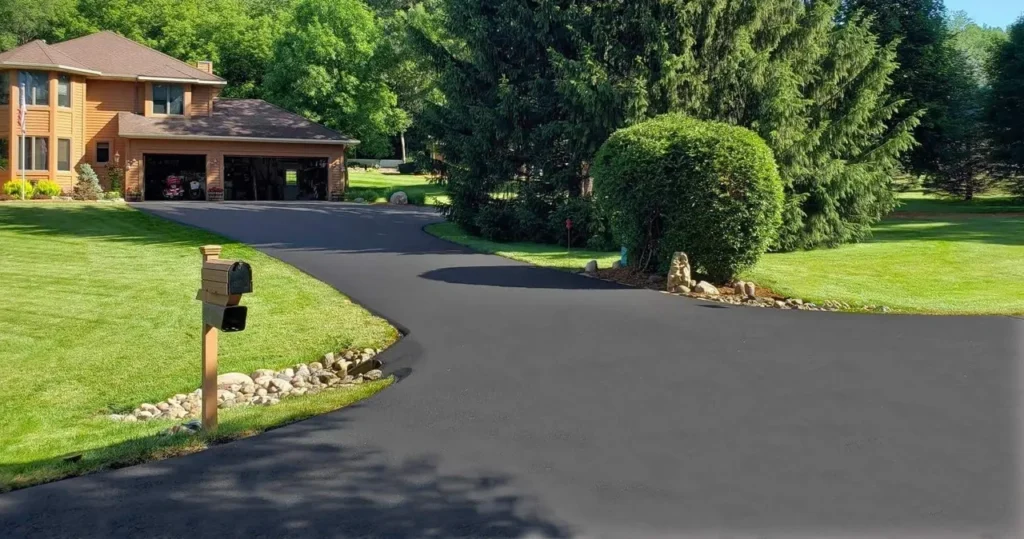Estimating the cost of an asphalt paving project in Coeur d’Alene requires a blend of art and science. From assessing the scope of work to factoring in materials, labor, equipment, and other variables, accurate estimation is essential for ensuring project success and client satisfaction. Let’s delve into the intricacies of estimating an asphalt job in Coeur d’Alene to provide a comprehensive guide for paving professionals.
- Site Assessment: The first step in estimating an asphalt job is conducting a thorough site assessment. This involves evaluating the existing conditions of the project site, including the size and layout of the area to be paved, the condition of the existing pavement (if any), soil stability, drainage issues, and any obstacles or challenges that may impact the paving process.
- Measurement and Calculation: Once the site assessment is complete, accurate measurements of the project area are essential for calculating the quantity of materials required. This includes determining the square footage or square meters of the paved area and factoring in the desired thickness of the asphalt layer.
- Material Costs: Asphalt paving materials, including asphalt mix, aggregate base, and any additives or sealants, constitute a significant portion of the project cost. Estimating the cost of materials involves obtaining current pricing from suppliers, factoring in the quantity required based on project measurements, and accounting for any additional materials such as base rock or drainage components.
- Labor and Equipment: Labor and equipment costs are another critical aspect of estimating an asphalt job. This includes the cost of labor for site preparation, paving, compaction, and finishing, as well as the rental or ownership costs of equipment such as pavers, rollers, and trucks. Labor costs may vary depending on the complexity of the project, accessibility of the site, and prevailing wage rates in Coeur d’Alene.
- Overhead and Profit Margin: In addition to direct costs, overhead expenses such as administrative overhead, insurance, permits, and profit margin must be factored into the project estimate. Establishing a reasonable profit margin ensures that the paving contractor can cover operating expenses and achieve a satisfactory return on investment.



